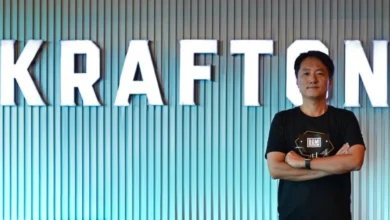Agritech platform Rize raised $14 M Series A funding from Temasek, others

In an effort to decarbonize rice farming in Asia, Temasek, Wavemaker Impact, Breakthrough Energy Ventures, and GenZero formed the agritech startup Rize. The company has now closed its $14 million Series A funding round.
The funding round is co-led by Breakthrough Energy Ventures, GenZero, Temasek, and Wavemaker Impact, according to a statement released by Rize on Thursday.
The investment, according to the statement, will support Rize’s continued growth into Vietnam, Indonesia, and other countries in South and Southeast Asia while also improving the company’s measuring, reporting, and verification (MRV) technology stack.
The funding will help Rize build its team of agronomists to over 100 by the end of 2024, potentially reaching over 20,000 farmers, in addition to enabling it to expand operations further into Indonesia and Vietnam.
By 2025, Rize hopes to have expanded into more South and Southeast Asian nations that produce rice.
In order to show a workable route toward both environmental sustainability and economic advancement, the company plans to enhance more than 7,000 hectares of rice farming in the upcoming growing season.
Sustainable rice farming is expected to become a desirable and feasible option as a result of these initiatives, which are also expected to reduce emissions by 50% and water usage by 20%. Additionally, farmer incomes are expected to increase by up to 30%.
“We are confronted with the challenges of addressing the high levels of methane emissions and the water-intensive practices prevalent in rice farming, which accounts for 10 percent of global methane emissions, a figure that is set to rise if unchecked,” said Dhruv Sawhney, Chief Executive Officer of Rize.
He considers the lack of accurate data—especially from the many smallholder farms spread throughout South and Southeast Asia—as well as the rising cost of farming as a result of rising input prices and climate change to be further obstacles.
“Our technology stack seeks to tackle these challenges. By doing so, we are not just aiming to cut down 100 million tonnes of carbon emissions, we are also enhancing the economic stability of farmers, ensuring that improved farmer livelihoods and reduced emissions go hand-in-hand,” he added.





